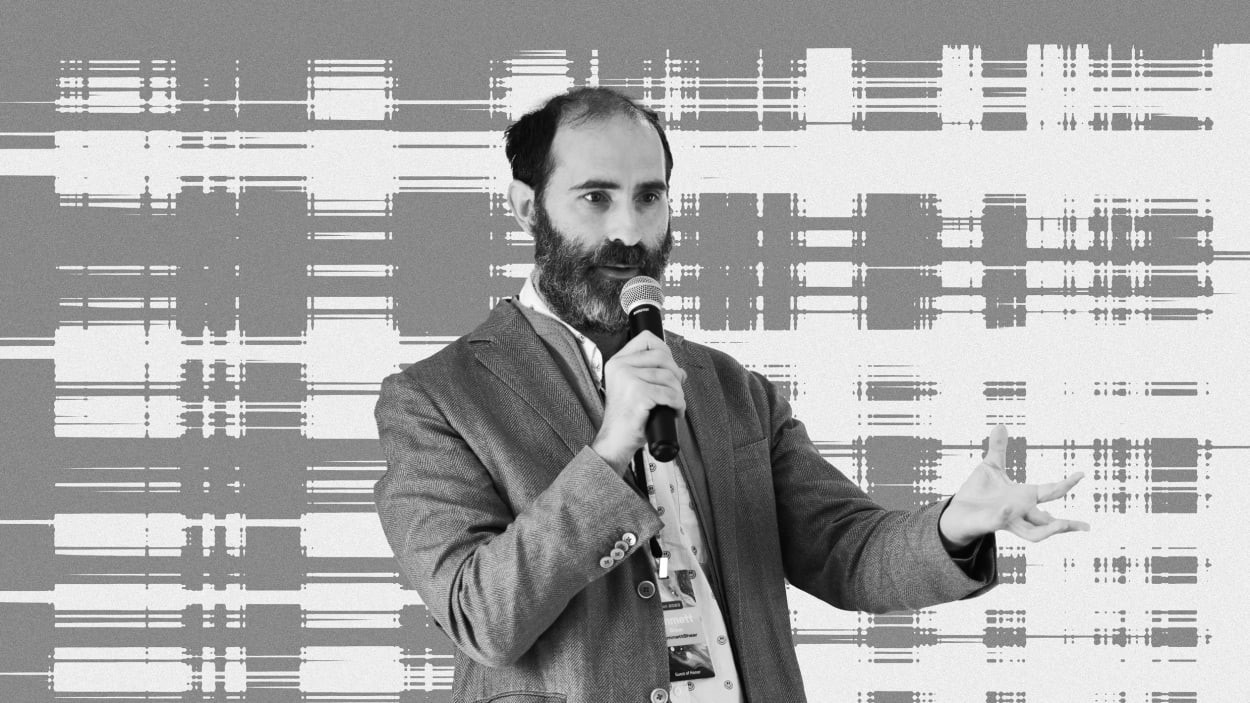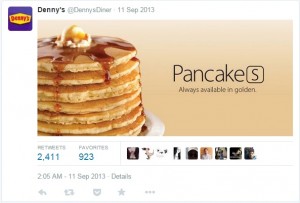One of the most tumultuous four-day spans in Silicon Valley history has finally concluded (for now at least), and in the end we’re left with massive changes at both OpenAI and Microsoft—and massive ramifications for the wider world of artificial intelligence.
Sam Altman, the OpenAI CEO summarily fired on Friday by the company’s nonprofit board for vague reasons (they blamed his “not consistently candid” communications), didn’t return to his post despite reported efforts to bring him back into the company. Altman is now a Microsoft employee, alongside former OpenAI president Greg Brockman and an unknown number of other OpenAI staffers who are more loyal to the totemic figurehead than to the company he helped cofound. More than 500 of OpenAI’s 700-person staff have signed an open letter calling on the board to resign for mishandling the situation.
In Altman’s place is former Twitch CEO Emmett Shear, who holds much more cautious views about the speed of development than his predecessor. Case in point: Shear tweeted in June that “the Nazis were very evil, but I’d rather the actual literal Nazis take over the world forever than flip a coin on the end of all value,” referring to the risk that AI brings about the extinction of humanity.
Meanwhile, Microsoft, which has invested more than $10 billion into OpenAI in the last year, declined to comment beyond CEO Satya Nadella’s comment overnight that his company remains committed to its partnership with OpenAI. (OpenAI did not immediately respond to a request for comment.)
“It’s an interesting move for OpenAI to go with the CEO of Twitch and someone who, like Altman, spent time at the venture capital tech incubator Y Combinator,” says Noah Giansiracusa, a professor at Bentley University who studies AI. “But Shear has expressed strong concerns over the supposed existential risks posed by AI, a concern that I suspect resonated with the board, even though Shear says this CEO shakeup wasn’t about AI safety.”
Shear has previously said that he worries about the existential risk of too-fast AI development, saying in a podcast interview that the probability of AI killing all of humanity is between 3% and 30% and as recently as September said he was in favor of a slowing down of AI capability building in order to secure the future of humanity. Shear even put a number on it, suggesting that the pace of development should slow to 10% or 20% of what it currently is at OpenAI.
“By choosing Emmett Shear, the board decided to double down on AI x-risk,” says Nirit Weiss-Blatt, author of The Techlash and Tech Crisis Communication. “His recent quotes indicate doomsday beliefs. As part of the fascinating cultural war between effective altruism and e/acc, this move is a declaration of war.”
Weiss-Blatt believes that the decision from the OpenAI board, which she believes (as do many others) could have been catalyzed by those worried about AI safety within the company, has “orchestrated a drama this weekend that will send shock waves throughout the AI community.”
Not everyone is impressed with OpenAI’s decision to replace Altman with Shear. “I’m just completely baffled as to why he was chosen,” says one former employee who worked under Shear at Twitch, and asked for anonymity to speak freely. “He really doesn’t have a track record of innovation if you look at Twitch over his tenure.” The former employee says that Shear’s record at Twitch will be marked by “lots of weird product directions early on,” while “most of the greatest hits came from the community itself, or were just copies of popular third-party tools.” That employee’s concerns are shared by some of Shear’s other former colleagues or employees, who have been public in saying they don’t think he’ll succeed as CEO of OpenAI.
The anonymous former Twitch worker says that “if I made a list of every person I could possibly think of to be [OpenAI] CEO, he wouldn’t have even made the list.”
Gaming analyst Rod Breslau would agree. “Emmett was absolutely not effective at keeping up a good relationship with the community, including both the platform as a whole and major individual creators,” says Breslau, who followed Shear’s career closely at Twitch. “Based on the experience at Twitch and the loyalty to Sam, I am highly skeptical that Emmett will be able to retain OpenAI’s major contributors.” That Shear is having to try and win back a divided company after what one source with knowledge of some of the board’s deliberations say was a major snafu in communication makes an already hard job even trickier.
However, OpenAI’s loss appears to be Microsoft’s massive win. The company has won Altman, and many of his most stalwart supporters, for a bargain compared to OpenAI’s $80 billion valuation. “Satya Nadella did a really smart move in turning a messy situation into a great opportunity for Microsoft,” says René Schulte, a former Microsoft regional director. It could be the Redmond, Washington-based company’s game to lose now.
(11)




